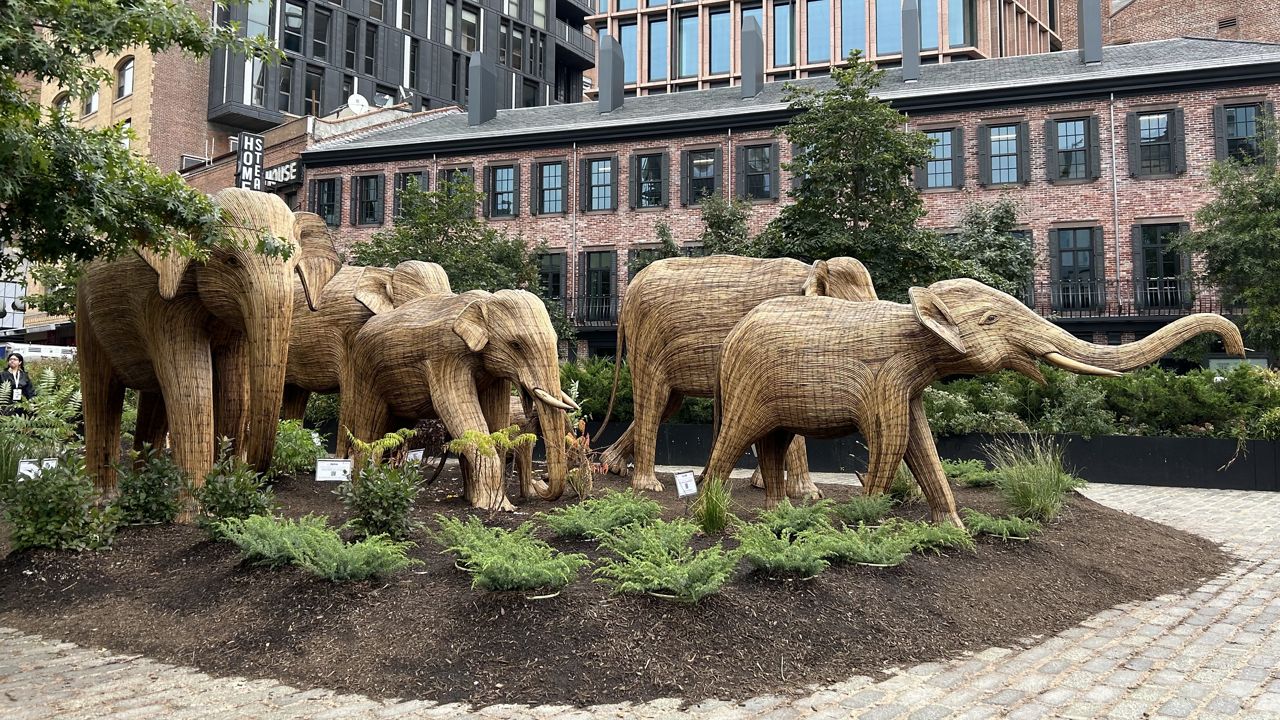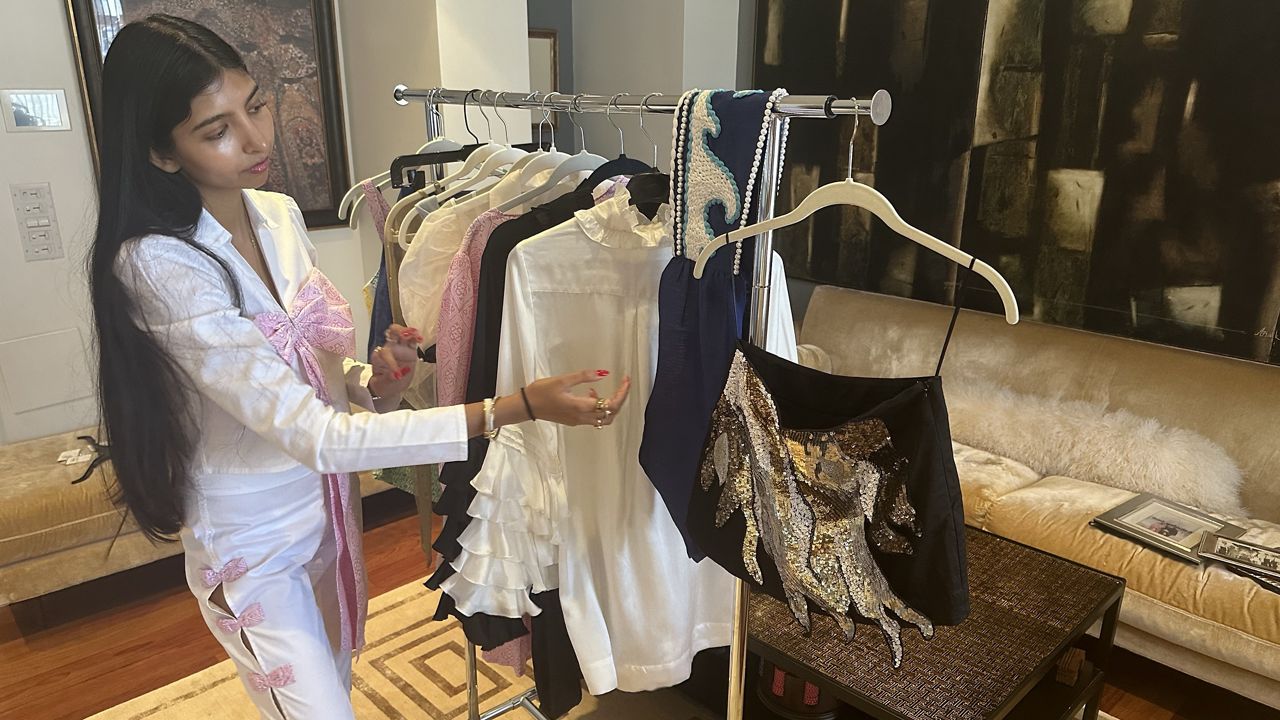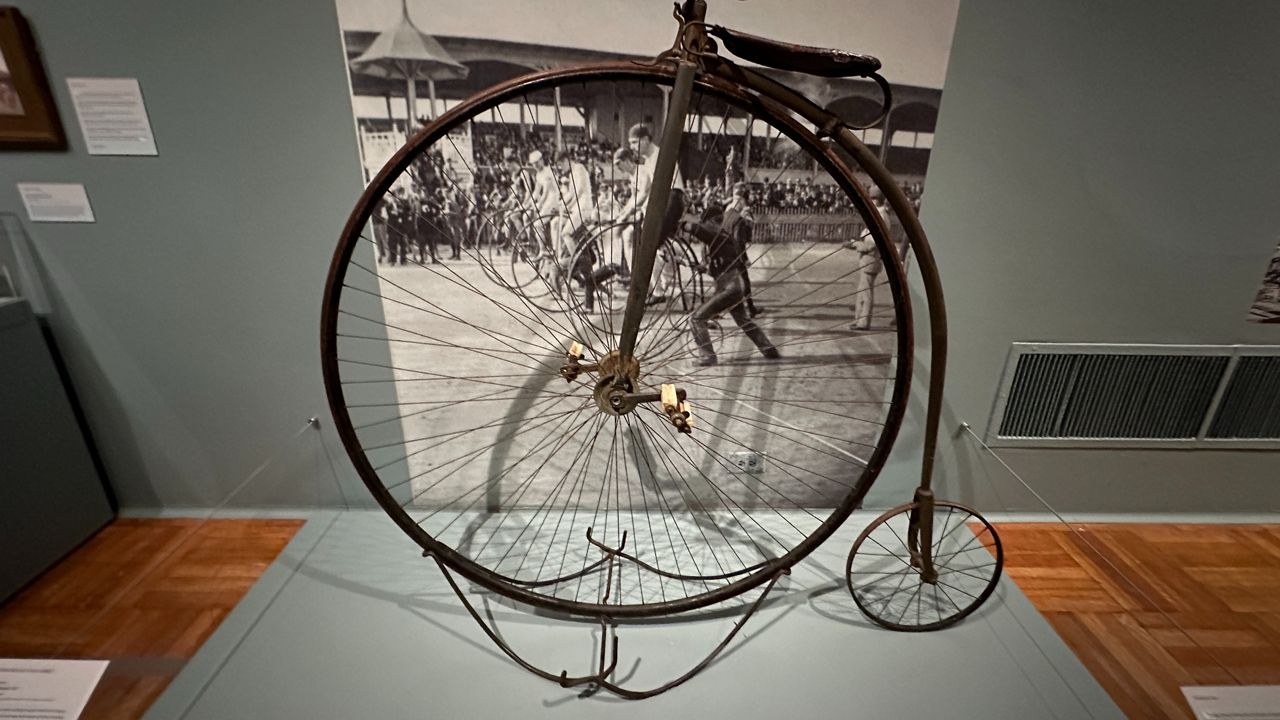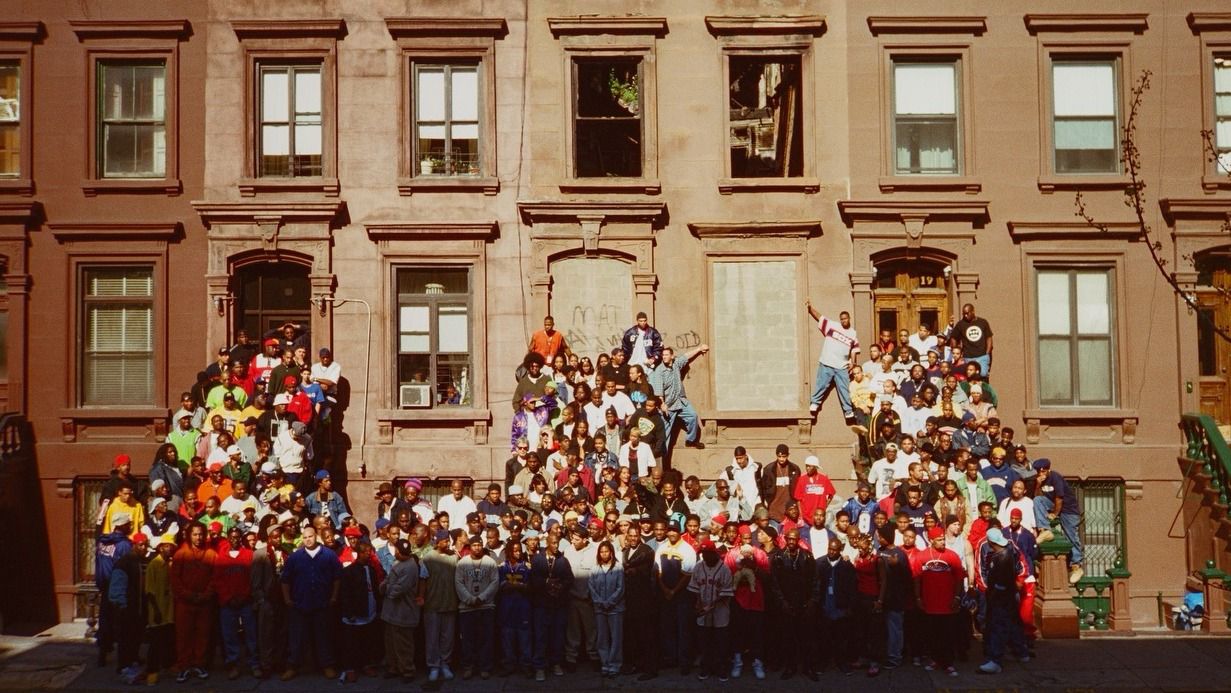In 2014, history was made when Norm Lewis took on the iconic role of Phantom in "The Phantom of the Opera." Lewis was the first and only Black performer to don the mask on Broadway.
In honor of the legendary show closing, NY1's Cheryl Wills caught up with Lewis at the famed theater restaurant Sardi’s to reflect on his time at The Majestic. Read the full interview below.
Cheryl Wills: "The Phantom of the Opera" is closing. One day, 44th Street will not have that iconic image.
Norm Lewis: No.
CW: It's hard to believe! Isn't it?
NL: It is strange. What's interesting for me is my very first Broadway show was "42nd Street," and I saw it in that theater, and then the next year, "The Phantom of the Opera" moved in, and then here we are, 35 years later. And it was just a staple. We always use that as a landmark. Now it's different. And so I don't know what's going in there.
CW: There's gonna be a ghost!
NL: There's gonna be a lot of ghosts. Floating around and protecting it. But I'm sad about it. But maybe there's a chance for, you know, new works that someone of color might be able to put in there.
CW: You're the Jackie Robinson of "The Phantom of the Opera!"
NL: It was a lot of responsibility. And you know, what was more interesting, instead of me having, like, the title of being the first African American to play it on Broadway was meeting people after the show and from China, from Brazil, from India saying, now I feel like I can do it. And there were people who were in tears that said this to me. They came to see the show, didn't know I was in it, and they said, instead of sitting back and enjoying it, they sat up because they saw my Black hands come from underneath the cape. And from that perspective, they took a different turn of what things meant in the show, the noose that always kills people. That was the hanging. And so that was like, oh, that means something different. The Phantom is always touching himself, making sure everything's in place. And that was for them symbolic of Black people. So it just meant something different without actually anything blatantly said.
CW: When theaters went dark during the pandemic, so many African American actors on Broadway said, "When this curtain rises, never again are we going to have this diversity problem." Now, you were one of the voices saying, "Yes, more diversity." So here we are. The curtain is up, are you happy with the change?
NL: I know that this is a marathon, so I am happy that the conversation has been started and now it's our, it's our mission to keep that door open because it could easily be closed. Hopefully we can all get to work together and communicate that to the people who are in power to make these changes more permanent and just hold people accountable.
CW: So now Emilie Kouatchou is the first Black Christine on Broadway.
NL: Oh my God. What's so amazing about it is that, you know, for years we had an expectation of what beauty was in this culture. And, and some people still have that expectation. But to see her be that symbol for the next generation, to be able to play roles that are just universal. She, first of all, she's gorgeous. Secondly, she sounds gorgeous. So the combination of those two things just, you know, it just explodes on that stage.
CW: What's your message to Andrew Lloyd Weber and this masterpiece that opened the doors for so many?
NL: I just want to thank Andrew for, first of all thank the universe for putting whatever that that was, in his head, and then putting it out on that piano and the paper that he wrote on. And then just sharing it with the world and then me getting a chance to be a part of that legacy. There are no words. Just thank you. Thank you, thank you.









